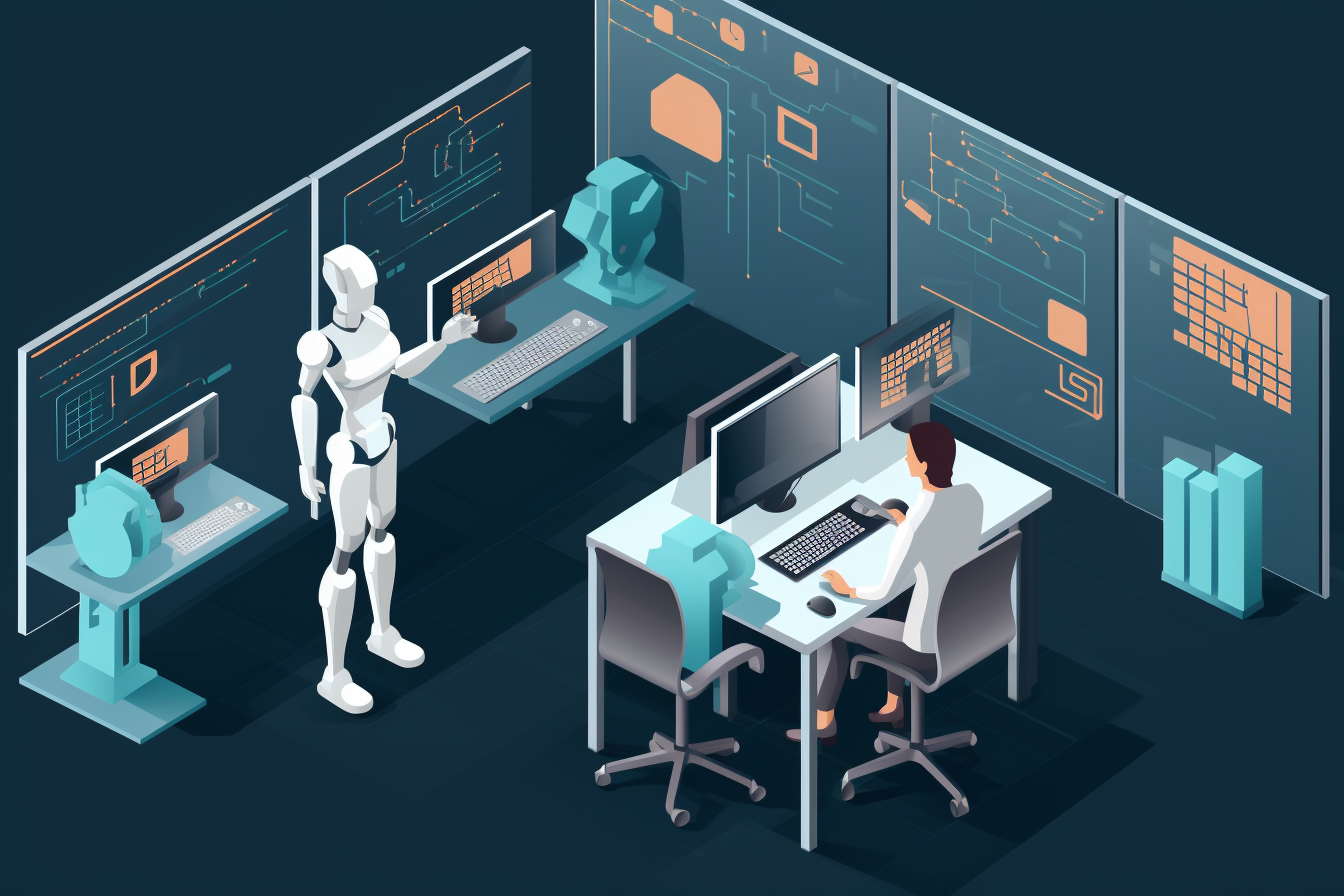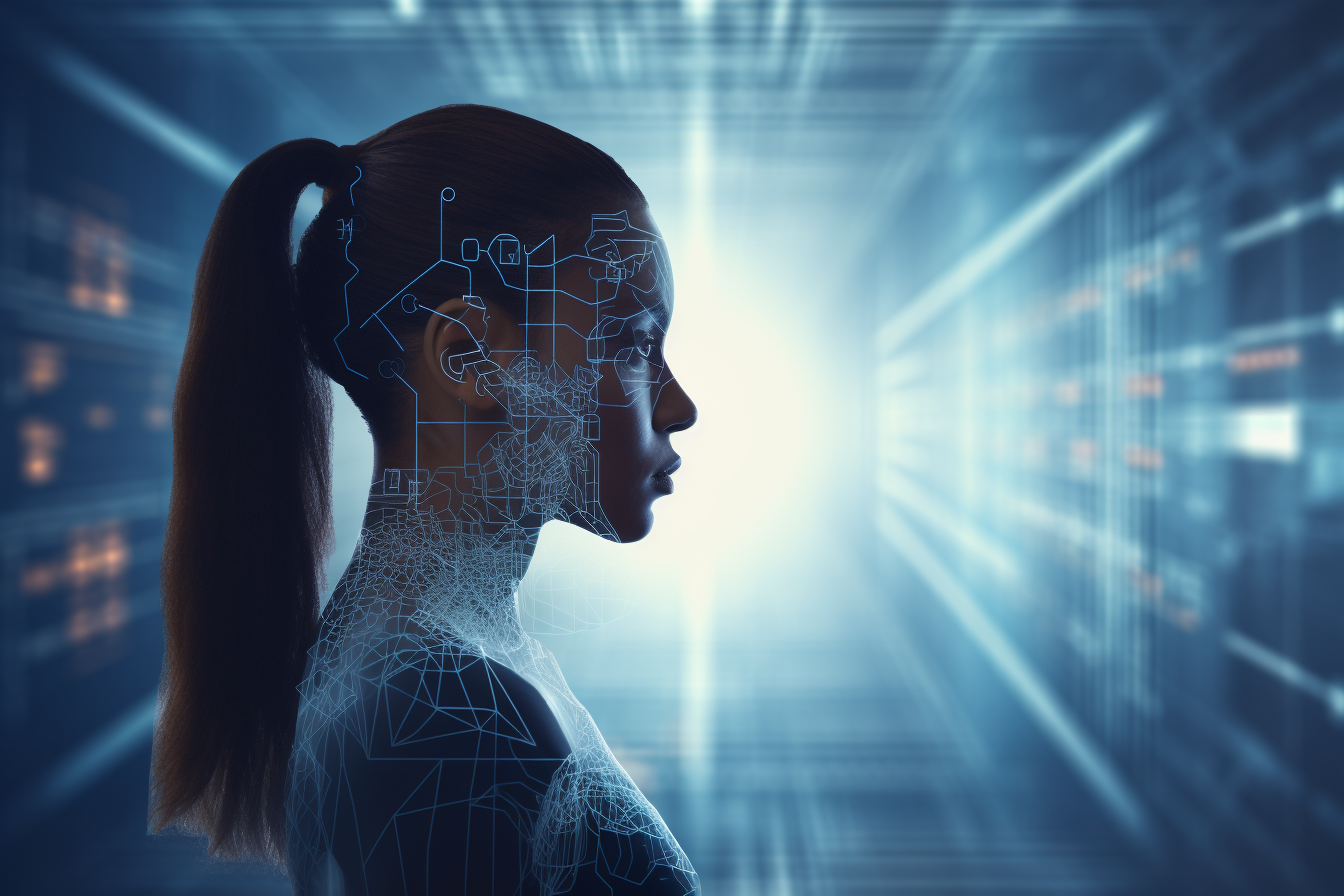Numerous companies and sectors are developing new methods to use artificial intelligence (AI) to improve their operations as the world continues to explore the immense possibilities of this technology. The workplace is the primary place where this is more obvious. AI is steadily changing how we think about work, productivity, and efficiency by automating repetitive tasks, delivering strategic insights, and even encouraging innovation. In-depth discussion of how machine intelligence is altering performance and productivity in the workplace is provided in this article.
Overview of Artificial Intelligence
At its foundation, artificial intelligence is a branch of computer science that aims to develop machines that can carry out tasks that ordinarily call for human intelligence. These activities can include comprehending spoken language, identifying patterns, resolving challenging issues, and even displaying inventiveness.
Natural Language Processing (NLP), Deep Learning (DL), and Machine Learning (ML) are three different types of AI. Computer systems may “learn” from data using statistical methods thanks to machine learning, which eliminates the need for explicit programming. Artificial neural networks with numerous abstraction layers are used in Deep Learning, a subset of ML, to represent high-level abstractions in data. The field of natural language processing examines how computers and human language interact as well as how to design computers to process and examine massive amounts of natural language data.

AI at Work: Increasing Productivity and Efficiency
The use of AI technology in the workplace has led to previously unheard-of levels of productivity and efficiency. This is how:
Automation of tasks: AI technology can complete repetitive, routine jobs more quickly and precisely than a human could. Businesses can give staff more time to work on more difficult, innovative, and valuable jobs by automating these routine operations. This boosts overall productivity while also raising engagement and employee satisfaction levels.
Data Analysis and Insights: One of AI’s main advantages is its capacity for accurate and rapid analysis of enormous amounts of data. It can spot trends and patterns, forecast events, and offer insights that human analysts might overlook. These data-driven insights can support strategic planning and decision-making, enhancing the competitiveness and performance of businesses.
Better communication: Chatbots and virtual assistants powered by AI are becoming more prevalent in the workplace. These systems may plan meetings, automate common query responses, and even offer real-time translation services. They improve efficiency, speed up communication, and save time.
Increased Creativity: Despite what many people think, AI isn’t just about analyzing numbers. It’s proving to be a useful tool for promoting creativity as well. AI-enabled tools can generate concepts, design components, and even musical compositions. These tools can improve human creativity and invention by offering a fresh viewpoint.
AI has the potential to be extremely useful in employee training and development. AI can identify areas where workers need to improve and provide suitable training programs by analyzing performance data. This individualized method of training may lead to higher performance and more efficient learning.
The Workplace of the Future: AI
Looking ahead, AI is expected to have a more significant impact on the workplace. Workplace productivity and efficiency are expected to increase as a result of advances in AI technology, which also promise to introduce completely new working practices. Here are some possible developments that we might look forward to:
While task automation is already a function of AI, ‘intelligent automation’—where AI systems are able to handle more complex jobs and make judgments on their own depending on the data they analyze—could become more prevalent in the future. As a result, less time would need to be spent on strategic and creative work and less human interaction would be required for everyday activities.
AI-driven Decision-Making: AI has the potential to be a very useful tool for decision-making because of its capacity to evaluate enormous volumes of data and forecast future outcomes.










